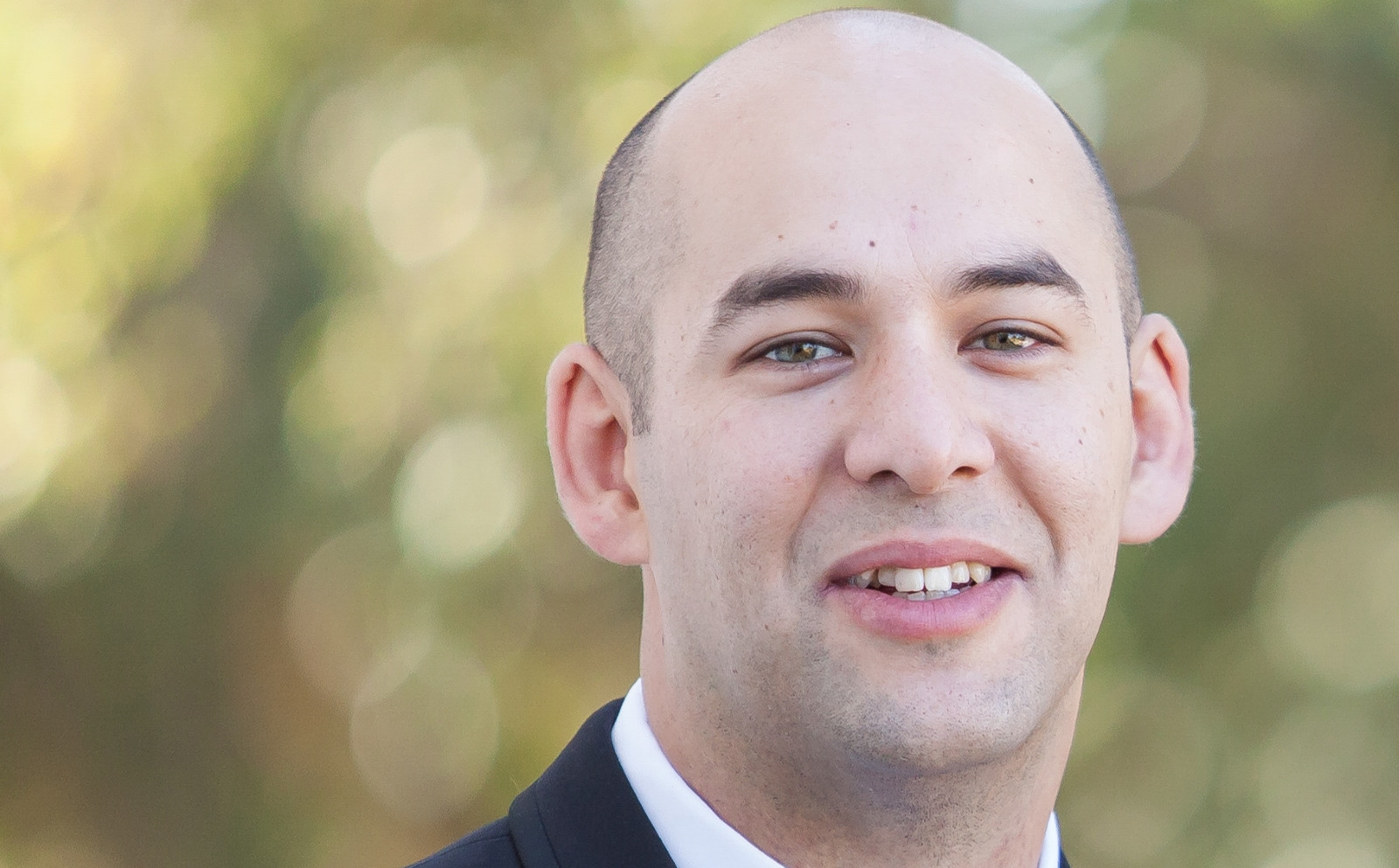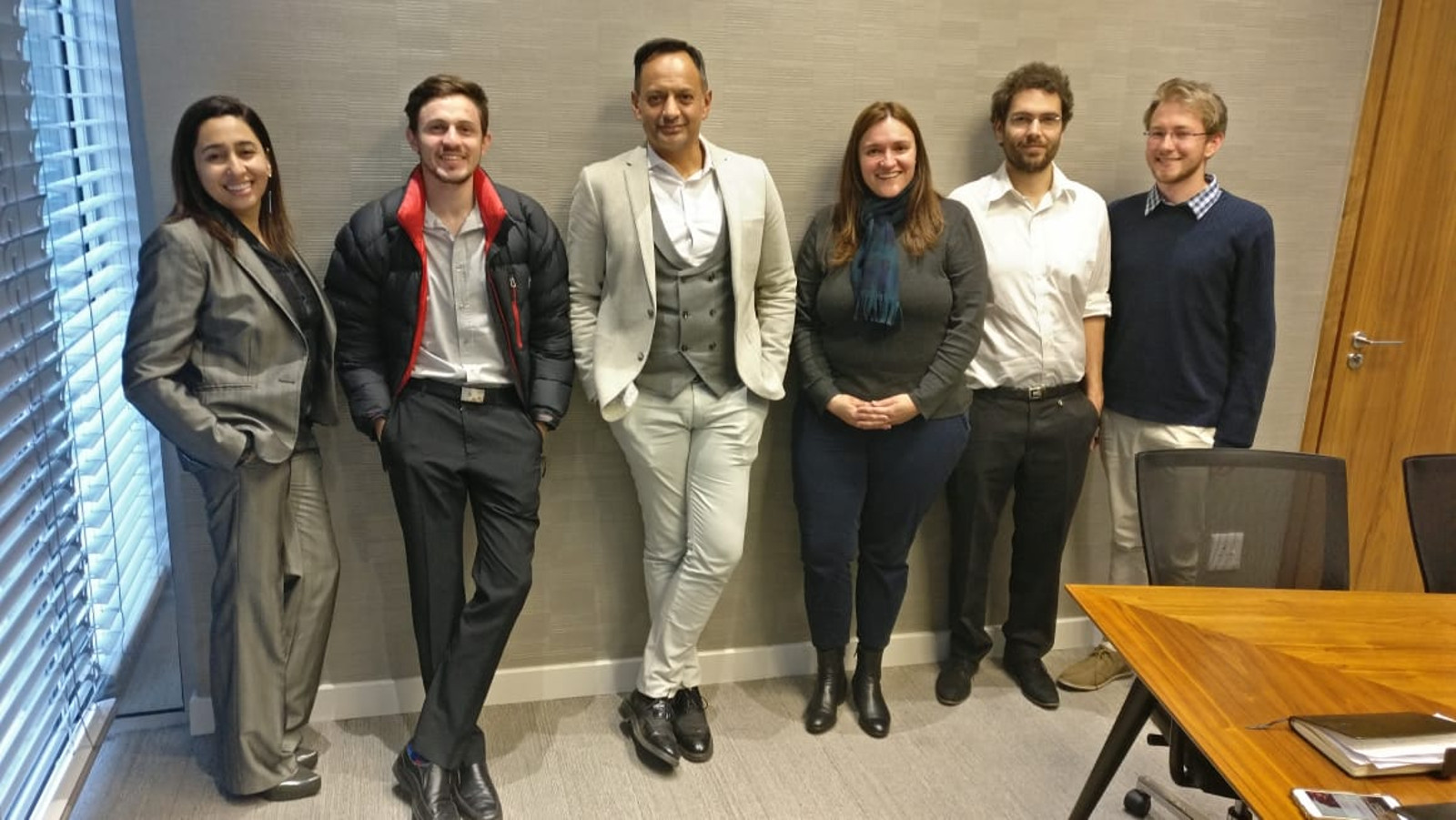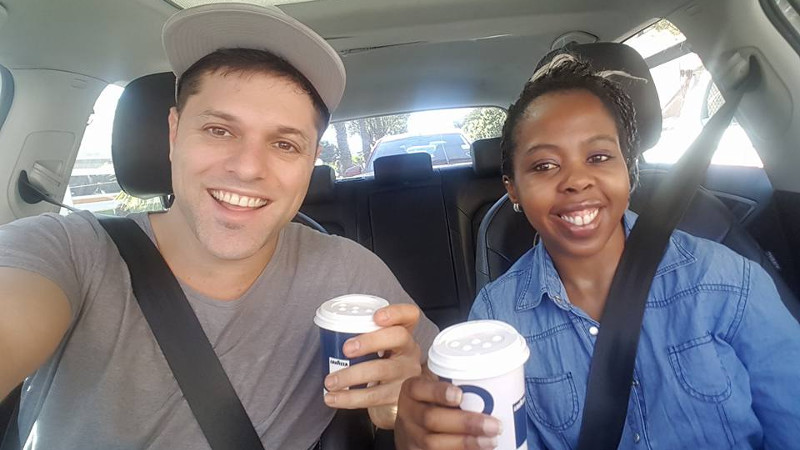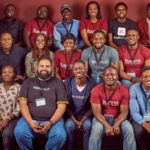We all have them. Those apps we open without thinking. Not because we need anything in particular, but because they feel… safe, in some…
This is how SA’s 2018 HiiL finalists are using tech to serve justice in the country

From an app to help citizens with paralegal services, to one that allows one to digitally sign contracts on any device — to another app that offers a collection of legal tutorial videos.
These are some of the South African finalists that made it into this year’s edition of the Hague Institute for Innovation of Law’s (HiiL) Innovating Justice Challenge.
Ventureburn caught up with four of the five South African finalists to find out what inspired them to turn to tech to serve justice in the country and how they think innovation can help improve the rule of law (the fifth finalist Buyisa Soul and Spiritual Centre did not return emails Ventureburn sent to the organisation’s founder).
‘Paralegal in your pocket’
 Masenze Strategic Advisors founder Grace Gichanga (Supplied)
Masenze Strategic Advisors founder Grace Gichanga (Supplied)
Masenze Strategic Advisors founder Grace Gichanga, who also works at the SA Revenue Services, says despite South Africa’s “excellent legislation”, robust judiciary and Constitutional Court, there is a general lack of awareness among citizens of their rights as well as of how to effectively enforce them.
Masenze Strategic Advisors uses social-media platforms like WhatsApp and Facebook Messenger to share educational videos and consultations that allow users to seek clarity on any legal questions. The startup also helps users access resources including various forms which are required in the formal justice system.
Gichanga, who likens her solution to “a paralegal in your pocket”, says her startup was born out of the realisation that tech allows for the provision of practical, relevant and affordable legal information necessary to effectively facilitate access to justice to “the most vulnerable and marginalised”.
She said prior to founding the startup, she had over the last two years been running educational workshops. “We quickly realised that we needed to come up with an alternative solution due to the overwhelming need for legal information in the various communities,” she added.
Since founding the startup, Gichanga has run over 50 workshops on labour law, family law, domestic violence, refugees and migrants. She partners with ProBono.org, the Outreach Foundation and the Praekelt Foundation.
‘Critical to solving both accessibility and affordability’
Portable Lawyer team (from left to right): Safiyya Patel, Kerren Ortlepp, Hoosain Karjieker, Melanie van Biljon, Yves Rivard and Liam Brooksbank (Supplied)
Portable Lawyer co-founder Melanie van Biljon says while South Africa has made great leaps and strides to address the grave injustices of its past, the country still has a long way to go to empower and provide a fair opportunity to all citizens.
“Having access to resources, legal advice and related support remains something more reserved for the privileged,” Van Biljon points out, adding that advances in tech are “critical to solving both accessibility and affordability”.
Portable Lawyer’s app allows users to digitally sign contracts on any device.
In addition, the app provides more than 30 typical contract templates used by small businesses in day-to-day business requirements. The app also helps facilitate on-demand legal support in relation to contract templates, contract management and security.
Van Biljon founded the startup last year together with Safiyya Patel, Kerren Ortlepp, Hoosain Karjieker, Yves Rivard and Liam Brooksbank.
The startup has yet to launch its product to market. Van Biljon said a launch is planned “within the next four to six months”. “We have tested the solution with various sample audiences and have received positive and encouraging feedback,” she added.
She said the idea to start the company was born out of “a shared passion for entrepreneurship, education and empowerment”. The startup’s founders, who all have experiences working with small businesses, have industry backgrounds ranging from legal, financial, tech and business development.
“We all have encountered the hurdles and frustrations the small and medium-sized enterprise owner faces while trying to operate and build scale, as well as adequately protecting themselves yet complying with all relevant laws and regulations. Very often this is only viable for those with deep pockets,” she said.
She believes that being associated with HiiL will help “establish trust and credibility” within the startup’s target market.
“Most importantly, we believe that the possible funding support from HiiL will enable us to expedite our product development and the enrichment of the end product. This will allow us to leapfrog and be an effective, accessible and affordable digital legal solution and ultimately become one of HiiL’s success stories,” she said.
‘Great way to bridge the gap’
Baobab co-founders Guy Stern and Khokela Daula (Supplied)
Baobab co-founder Guy Stern says even if the court system was 100% fair and corruption didn’t exist, it still doesn’t change the fact that in South Africa justice is “at the most basic level bought and sold”.
“If you’re below (a certain) economic threshold, you won’t be able to afford even one hour with a lawyer. If you’re above a certain threshold, you can get off (with) anything from a parking ticket to murder. This might be an exaggeration of course but the reality is that there is a massive barrier to entry for legal services,” says Stern.
Stern and co-founder Khokela Daula aim to solve this with his startup’s collection of simple legal tutorial videos available in several African languages.
“The videos are all in an instructional format, most titles starting with ‘How to’ and work arounds resolving a specific legal issue where you don’t have direct access to a lawyer,” he explains.
He says to remain “neutral and agnostic” Baobab — which is set to launch in the next coming weeks — has not partnered with any organisations. Instead the startup has had five legal firms and practitioners agree to each make a set of five films.
“Of those, two firms have offered to pay us for value-added services such as a promotional video for their own use. So, we believe that we have a sustainable business model from this sort of work, alone. Once we see an increase in viewership, we believe that sponsorship money would not be hard to come by,” said Stern.
The inspiration behind the startup, he said came about at a Global Legal Hackathon held earlier this year. “Baobab was just a fun idea for that hackathon but the more we looked at it the more we realised that it was a very unique solution in the access to justice space,” said Stern.
He hopes HiiL will help mentor the startup to scale while maintaining quality control. “HiiL might allow us to also expand into other African countries and to better identify justice issues across the continent,” he adds.
He said his idea has been “well-received” by a legal community which is traditionally very slow to make decisions when it comes to adopting new innovations.
Says Stern: “To find that lawyers are so forthcoming to help on this project is very encouraging and it makes us excited about doubling our efforts”.
Tech making legal services accessible, affordable
 Epoq Legal South Africa COO Emile Gerber (Supplied)
Epoq Legal South Africa COO Emile Gerber (Supplied)
Epoq Legal South Africa COO Emile Gerber says legal services in the country are expensive which force most people to “simply make do without”.
He believes tech can make a difference in the legal industry by making legal services accessible and more affordable to a larger percentage of the population. He founded Epoq Legal South Africa with Richard Mckerchar in 2015. The two license document automation technology from Epoq Legal UK.
The company’s legal document automation platform, which covers all areas of family and business law, is designed for use by anyone — with no legal knowledge required.
“Users are presented with a series of questions and based on their responses the draft document is generated in real time – clauses are added, removed and tailored in accordance with the user’s circumstances and requirements. There are helpful explanations, practical examples and searchable guidance notes throughout the document drafting process,” explained Gerber.
Epoq Legal South Africa also has a searchable law guide, in addition, the startups platform enables users to draft documents by telephone or offline in areas where there is no internet coverage available.
Gerber said the SA company is in talks with several financial institutions looking to use the company’s tech to service their customers around will writing, legal services for small businesses and startups.
“We are also in conversation with a 2017 HiiL runner up, Sam Ngcolomba of Lady Liberty, and I’m confident our technology will assist her team help even more people who simply don’t have the means or access to legal services in developing areas for matters like housing, domestic violence, and child maintenance,” he said.
Gerber said the HiiL Innovating Justice Challenge has been an “amazing opportunity” to meet with other innovators in the legal, financial and technology industries who share our vision of helping people with pressing legal needs who simply can’t afford it or don’t have access.
“Ideally, going forward, we would like seed funding to assist us creating more automated legal document precedents – it’s an incredibly time-consuming and expensive process, but once completed a master document template can be used to create an unlimited number of legal documents that are all tailored to the user’s requirement… potentially hundreds of permutations,” said Gerber.
Read more: 33 African startups make it into 2018 Innovating Justice Challenge finals
Featured image: AJEL via Pixabay (CC0 Creative Commons)




